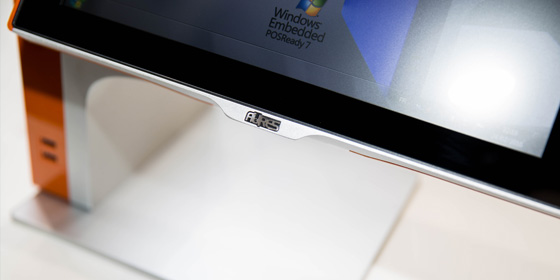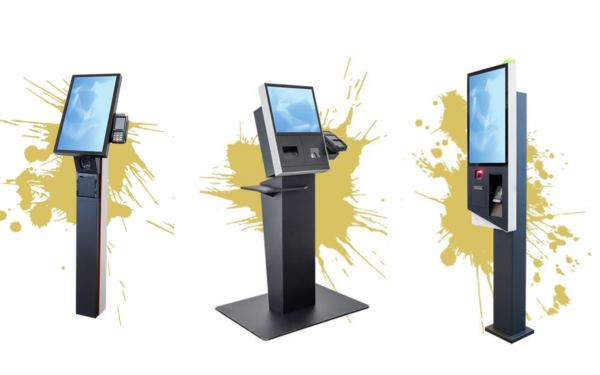Kiosks are huge. Everywhere you turn, it seems there are more and more self-service checkout options cropping up across retail, in restaurants and hotels, at airports, cinemas and any number of other places you care to look.
In grocery alone, kiosks now account for 40% of all checkout options. The technology continues to transform ordering and payments in the QSR sector, with the likes of Burger King and Taco Bell among a host of big names who have recently announced plans to increase self-service options in their restaurants.
As a business owner, all this buzz around kiosks creates a certain amount of pressure. You hear stats like more than four out of five Americans like using self-service options, and you feel like you have to jump on the bandwagon.
But here’s the thing about technology. Every business is different, every business has different needs. Just because kiosks work for the store over the road, is that enough for you to conclude that they’re a must-have for you, too?
Kiosk benefits
There’s no doubt the benefits kiosks can bring to a business. Self-service can free up employees to take care of other tasks and also help to bust queues, leading to higher throughput on transactions and happier customers.
Surveys suggest that up to two-thirds of customers believe that using a self-service kiosk is more efficient than waiting in line at a staffed checkout. Consumers also regularly cite the independence kiosks give them as another key attraction.
But there are other factors to consider before deciding to jump onto the self-service trend. As a POS specialist, here at AURES we see our job as helping every business find the perfect solution for their needs. And for their customers. We’re very proud of our industry-leading kiosk range. But we’d always talk through the pros and cons of kiosks as they relate to the needs of their business before recommending them.
Who benefits the most from kiosks?
Kiosks work best for medium to large-sized operations that experience high footfall and often face queues at regular checkouts. These kinds of businesses will typically have multiple POS stations already, and kiosks can be deployed in place of some of these existing checkouts or in addition to them.
Space is an important consideration. You can usually fit two, three or maybe even more kiosks on the same footprint as a fixed checkout, when you factor in benches to sit the POS equipment on and space for staff etc. But you also need to weigh up access to kiosks, so you need premises with some pace to spare.
Finally, kiosks work well in environments where customers don’t need much assistance when making purchases, which is a factor in why they are so popular in grocery and QSR.
When other POS solutions might make more sense
Kiosks can and do work wonders for smaller businesses. But the main question we’d ask our SME customers before considering self-service options is this – what benefit will you get? If you have, say, a single staffed checkout and don’t really have any problems handling the sales traffic you get, will a kiosk make any difference to throughput and sales volumes, or indeed to the customer experience? Perhaps not.
Is processing sales keeping your employees from other tasks? If not, you would have to weigh up the cost burden of running a kiosk alongside staffed checkout. Is it worth it? And finally, think of your customers. Kiosks tend to work less well in sectors where person-to-person service goes hand in hand with sales, such as luxury retail.
In summary, whether you go down the self-service kiosk route or not, POS is all about finding the right option that delivers for your business and your customers. Speak to our experts to find out more about the options we have available.




